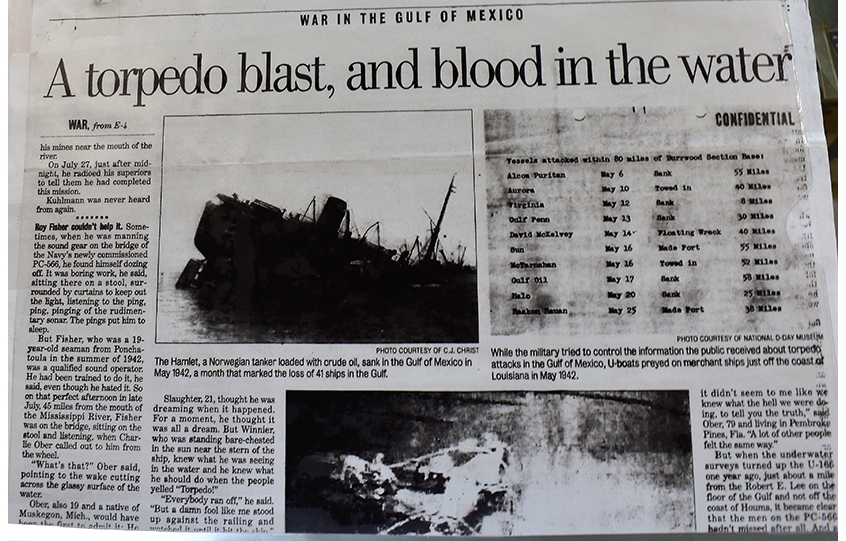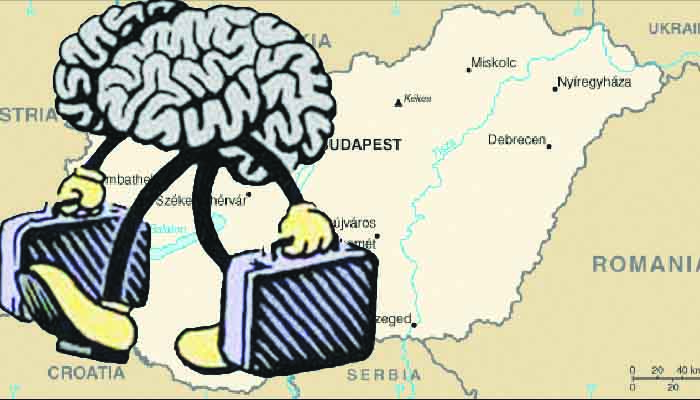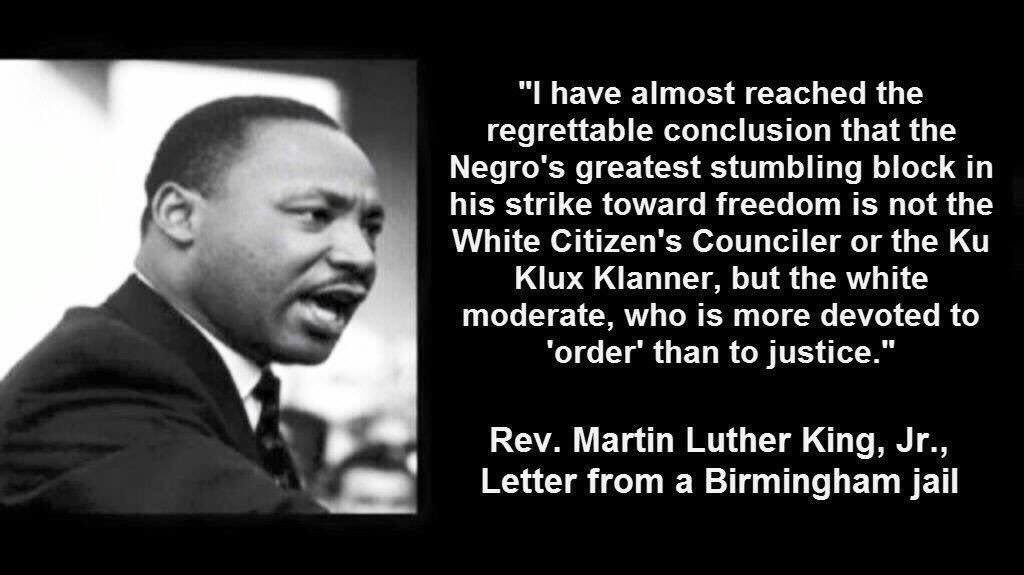Hello again my dear friends,
Today, I would like to talk at length about president Eisenhower and his legacy, because I believe that there are many important lessons for us to learn here that are pertinent to the present day.
Eisenhower and Racism (Thread)
Today, I would like to talk at length about president Eisenhower and his legacy, because I believe that there are many important lessons for us to learn here that are pertinent to the present day.
Eisenhower and Racism (Thread)
I must warn you, this topic is complex and difficult, but, as I said, pertinent to what is happening today. There are no “good guys” or “bad guys” here, well, OK Jesse Owens was the Good Guy, but, we are dealing with flawed people making flawed decisions, as we all are.
To begin our examination of the topic at hand, let’s turn first to William Manchester, and his biography of Gen. MacArthur. MacArthur being the Yin to Eisenhower’s Yang, if you will: https://en.wikipedia.org/wiki/American_Caesar">https://en.wikipedia.org/wiki/Amer...
“[MacArthur] was a great and thundering paradox of a man, noble and ignoble”. I believe that the exact same can be said of Eisenhower. The “thundering” contradictions at hand are mainly his attempts to pass Civil Rights legislation,
And also his oversight and support of so-called “Operation Wet Back.” Which is one of the most racist violations of Civil Rights in 20 th Century American history. https://www.britannica.com/topic/Operation-Wetback">https://www.britannica.com/topic/Ope...
In the interests of 1. Not being mass-reported, and 2. Brevity, this is Twitter after all, I will be referring to this true and historical incident as “Operation WB” or “WB” from now on.
In any event, we must first have some context to how Operation WB came about.
In any event, we must first have some context to how Operation WB came about.
In 1942, when Eisenhower was fighting the Nazi hordes in Europe, Mexico also declared war against the Axis Powers, in solidarity with their US and Canadian allies. However, Mexico did not instate mass-conscription at the same level as the US and Canada.
While Mexican troops fought bravely and were a welcome addition to the allies, there remained in Mexico large numbers of men aged 18 to 40, that is to say, men of working age, which the US was finding itself in short supply. https://www.history.com/news/mexico-world-war-ii-surprising-involvement">https://www.history.com/news/mexi...
The US expanded immigration from Mexico, hoping to bolster its workforce and industrial infrastructure. Immigrant documentation was largely ignored, as the idea of checking for legal status of allied immigrants under “Total War” conditions is absurd. https://www.jstor.org/stable/1026971?seq=1">https://www.jstor.org/stable/10...
Of particular note is Mexico’s exemption from the Immigration Act of 1924, and the “Bracero Program,” instituted alongside Mexico’s declaration of war against the Axis in 1942. We will not go too deeply into either here, but, further reading is encouraged: https://www.labor.ucla.edu/what-we-do/research-tools/the-bracero-program/">https://www.labor.ucla.edu/what-we-d...
Even aside from the official policies in place by the US and Mexican governments, undocumented immigration was routinely encouraged by private enterprise, and unofficially tolerated by many US government forces.
The issue is massive and complex. But, skipping forward to after the war, by 1950 tensions between the US and Mexico were increasing. Many immigrants from 1924 onward were not returning to Mexico itself, even as masses of US-born soldiers returned home.
Indeed, migration from the US to Mexico was at a high rate, and the Bracero Program and others like it would not end for roughly 15 more years. In addition to farm laborers and unskilled workers, Mexico was suffering a so-called “Brain Drain”.
As Doctors, Engineers, Professors, and other highly-skilled workers left Mexico for the US. This occurred for manifold reasons, but, one of those reasons was the sluggish Mexican economy of the time. https://www.thenation.com/article/brain-drain-and-politics-immigration/">https://www.thenation.com/article/b...
This crisis of emigration, and increased tensions with the US, caused Mexico to move its army to the border, to prevent—by force—potential migrants from leaving the country. #Illegal_migration_after_1942">https://en.wikipedia.org/wiki/Operation_Wetback #Illegal_migration_after_1942
US">https://en.wikipedia.org/wiki/Oper... Border Patrol and Military forces were sortied in response to this.
US">https://en.wikipedia.org/wiki/Oper... Border Patrol and Military forces were sortied in response to this.
Needless to say, having military stand-offs along borders, historically, is very likely to lead to war, and Eisenhower was no fool. He knew this, and in 1954, along with Gen. Joseph Swing, and AG Herbert Brownwell, Operation WB was implemented.
Now, let us pause here for a moment, and ask a rather philosophical question: “Does the inner intent of an action matter, if the concrete result of that action is harmful?” This is question is commonly stated as: “The road to hell is paved with good intentions.”
As I said above, Operation WB was one of the worst, and most racist official policies of 20 th century US politics. However, is it even useful—pragmatic—for us to ask what Eisenhower’s intentions were at this time? Assuming it is, we need to take his record into account:
Eisenhower’s record on Civil Rights is actually quite strong, at least compared with his predecessors FDR and Truman. FDR was a known racist. Jesse Owens, the great hero of the 1936 Olympics, said that he was treated better by Hitler than he was by FDR. #1936_Berlin_Summer_Olympics">https://en.wikipedia.org/wiki/Jesse_Owens #1936_Berlin_Summer_Olympics">https://en.wikipedia.org/wiki/Jess...
When Owens later visited the White House, he was forced, by FDR, to ride the service elevator to his meeting with the President. Owens, much like Eisenhower, Hatfield, and others, then joined the Republican Party.
Truman, in my opinion, was a coward when it came to civil rights. He ignored the issue when he could, in order to appease the racist southern Democrats. However, in the interest of fairness, I will provide a positive take on Truman and civil rights: https://www.historylearningsite.co.uk/the-civil-rights-movement-in-america-1945-to-1968/harry-truman-and-civil-rights/">https://www.historylearningsite.co.uk/the-civil...
It was the Southern Democrats that Eisenhower could not stand, despite being a Texan himself. Truman did issue the orders to desegregate the US military. However, they were impotent, it took the hero of WWII, Eisenhower, to come to power and enforce those orders.
Truman faced insubordination from the military. Eisenhower was the only person who had the respect to actually carry out the desegregation of US armed forces. https://www.washingtonpost.com/news/retropolis/wp/2018/07/26/how-harry-s-truman-went-from-being-a-racist-to-desegregating-the-military/">https://www.washingtonpost.com/news/retr...
In the post-war landscape of American Politics, Black people were becoming more prominent. Despite segregation during WWII, many whites served alongside blacks. Black Americans, of course, and also Black Africans, united in defiance of Nazism.
Black American soldiers returning home—rightly—felt that they had played an integral part in the allied victory, and moreover, had witnessed Black Africans being treated with dignity and respect by powerful allied forces. ">https://youtu.be/oFeoS41xe...
Eisenhower himself was no exception to this.
As such, the Civil Rights landscape in American began to change, albeit slowly. There were many other factors, of course, but WWII served as an exponent onto those pre-existing factors, and the nation was primed for change.
As such, the Civil Rights landscape in American began to change, albeit slowly. There were many other factors, of course, but WWII served as an exponent onto those pre-existing factors, and the nation was primed for change.
During his administration as President, Eisenhower attempted to institute some moderate Civil Rights reforms. However, those efforts were blocked in the Senate by none other than Lyndon Johnson, the very man who would go on to sign the Civil Rights Act.
LBJ, of course, was attempting to hold his party together in the Senate, as tensions between Liberal and Progressive Democrats, and Conservative, racist, southern Democrats were reaching a boiling point. As such, the Civil Rights measures proposed by Ike were struck down.
In his excellent article here, @AdamSerwer describes Ike’s attempted Civil Rights reforms as “tepid,” which I think is fair to say. President Eisenhower was by all means a moderate, but then again, so was President Washington. http://www.msnbc.com/msnbc/why-dont-we-ike-civil-rights">https://www.msnbc.com/msnbc/why...
Eisenhower did not belong to a political party during his career in the military. He felt that doing so may negatively impact his ability to carry out the orders of the President, whoever that President may be. #Personal_life">https://en.wikipedia.org/wiki/Dwight_D._Eisenhower #Personal_life">https://en.wikipedia.org/wiki/Dwig...
But, then again, in Dr. King’s famous quote from his letter from Birmingham Jail, I do not think it one bit of a stretch of imagination to see that Eisenhower and white moderates like him were among the people MLK had in mind in this scathing rebuke:
There is no doubt in my mind that Eisenhower believed in equality. However, we must ask, is that belief worth anything in the face of the actions that he undeniably took? Do you remember the beginning of this thread?
I will repeat William Manchester again:
“Thundering paradoxes.”
And the thundering paradox of Eisenhower is embodied in Operation WB.
“Thundering paradoxes.”
And the thundering paradox of Eisenhower is embodied in Operation WB.
Fearing border skirmishes, or, perhaps outright war with Mexico, the Eisenhower administration enacted Operation WB. The incredibly racist name was not Ike’s idea, but, it does accurately represent the inhumanity of the operation.
Caving to the demands of both Mexican diplomats and racist elements in the US, WB was designed to return workers back across the border into Mexican territory. And indeed, roughly 1.1million people were shipped to Mexico.
However, the operation was a complete failure. One of the primary goals was to discourage illegal border crossings, but, as history states, those crossings continued largely unhindered, even by the significant military and police presence, on both sides.
The Bracero program remained in effect for more than a decade afterwards, and many deported just filled out the proper paperwork.
In addition, many US citizens who spoke Spanish as their primary language were forceably deported to Mexico, a nation many had never even visited.
In addition, many US citizens who spoke Spanish as their primary language were forceably deported to Mexico, a nation many had never even visited.
Remember that before the Spanish-American war, California, Arizona, New Mexico and Nevada were Spanish colonies, and there have been Spanish-speaking families living there since before the Declaration of Independence was signed.
Many of the deportees were sent to Mexico by ships launching from Texas City, and a significant number of Suicides were committed by deportees. These ships, from testimony of those aboard, were compared to slave ships. https://www.history.com/news/operation-wetback-eisenhower-1954-deportation">https://www.history.com/news/oper...
In addition to Suicide, there were deaths from Sunstroke, Disease, and Malnutrition as well. https://www.history.com/news/operation-wetback-eisenhower-1954-deportation">https://www.history.com/news/oper...
Eventually, after news of the suicide of a man on one of those ships reached Eisenhower himself, he did the right thing, and canceled Operation WB.
LBJ, despite his opposition to Ike’s Civil Rights Policy, jumped at the chance to grill Gen. Swing over Operation WB in the Senate
LBJ, despite his opposition to Ike’s Civil Rights Policy, jumped at the chance to grill Gen. Swing over Operation WB in the Senate
Because Politics.
As it turns out, Gen. Swing had a less-than-documented immigrant working as his maid.
Aside from Swing the primary architect of Op WB was Hanlon B. Carter, convicted murderer, of a Latino teen no less, and head of the Border Patrol. https://timeline.com/mass-deportation-operation-wetback-mexico-eb79174f720b?gi=76313d399960">https://timeline.com/mass-depo...
As it turns out, Gen. Swing had a less-than-documented immigrant working as his maid.
Aside from Swing the primary architect of Op WB was Hanlon B. Carter, convicted murderer, of a Latino teen no less, and head of the Border Patrol. https://timeline.com/mass-deportation-operation-wetback-mexico-eb79174f720b?gi=76313d399960">https://timeline.com/mass-depo...
Oh, and Mr. Carter would become, in 1977, an executive of the National Rifle Association.
Because Obviously.
https://en.wikipedia.org/wiki/Harlon_Carter">https://en.wikipedia.org/wiki/Harl...
Because Obviously.
https://en.wikipedia.org/wiki/Harlon_Carter">https://en.wikipedia.org/wiki/Harl...
Let me be clear, my friends:
I think that Eisenhower was a good president. As much as any other person, he contributed to smashing the Nazi horde. But, my affinity for him necessitates all the more that I examine him as critically as possible.
I think that Eisenhower was a good president. As much as any other person, he contributed to smashing the Nazi horde. But, my affinity for him necessitates all the more that I examine him as critically as possible.
During his administration, he accomplished great things and I consider his farewell address to be one of the best speeches in American History. What I reject, is the so-called Great Man view of history where the few are elevated, and the people forgotten. https://youtu.be/OyBNmecVtdU ">https://youtu.be/OyBNmecVt...
Eisenhower is a man of thundering paradoxes. Yet, we can learn equally well from his nobility, and, his ignobility. As he states: “Any failure, traceable to our arrogance or our lack of comprehension… would inflict upon us grievous hurt.”
As such, we must view Eisenhower in a critical light, at times, and fairly. And I think that Ike would understand.
Come on, how could the soundtrack for this thread be anything but Santana The Great lol. https://youtu.be/nPLV7lGbmT4 ">https://youtu.be/nPLV7lGbm...
Come on, how could the soundtrack for this thread be anything but Santana The Great lol. https://youtu.be/nPLV7lGbmT4 ">https://youtu.be/nPLV7lGbm...
Thank you, my friends, for reading this rather long and difficult thread lol.
I wish you all the best in the coming new year.
-Ryan.
I wish you all the best in the coming new year.
-Ryan.
CORRECTION:
In this thread I stated that Jesse Owens was "forced to ride the service elevator" to meet FDR. This is incorrect. I had confused Robinson with someone else. My apologies.
Though, it is true that Black Americans, on the rare occasion that FDR would meet them, did.
In this thread I stated that Jesse Owens was "forced to ride the service elevator" to meet FDR. This is incorrect. I had confused Robinson with someone else. My apologies.
Though, it is true that Black Americans, on the rare occasion that FDR would meet them, did.

 Read on Twitter
Read on Twitter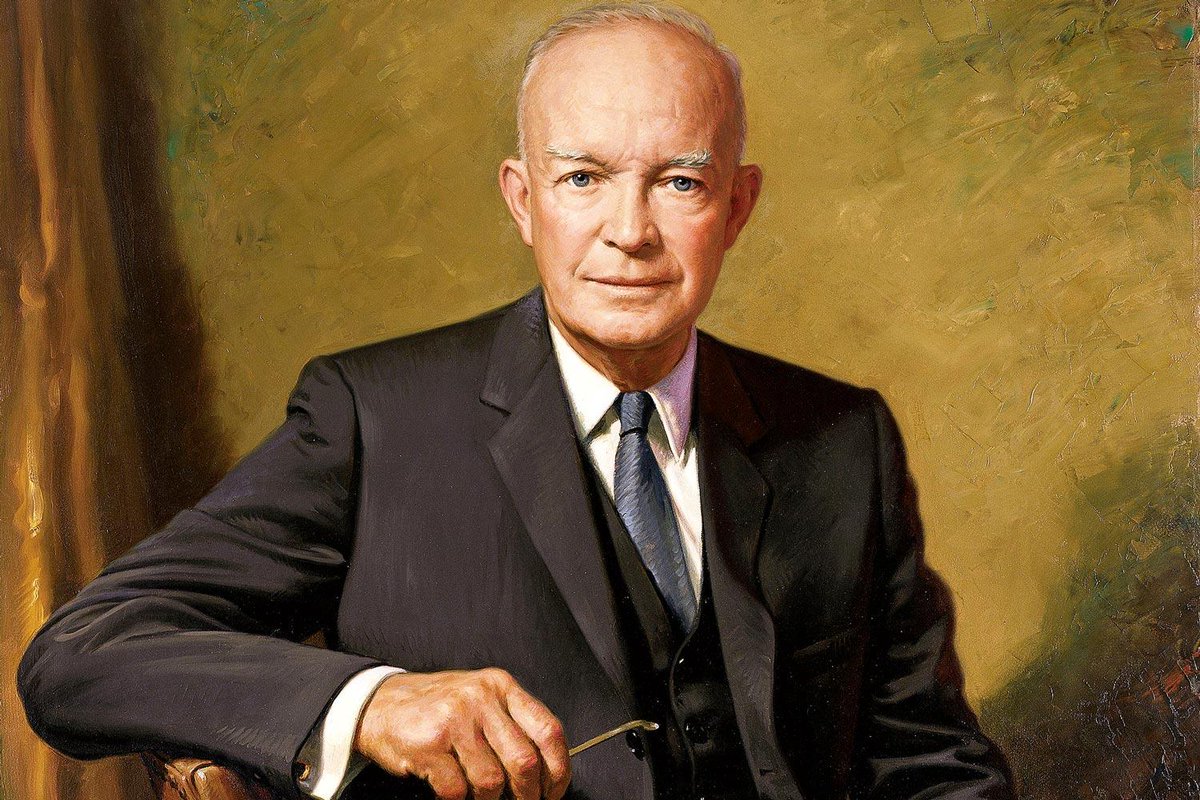
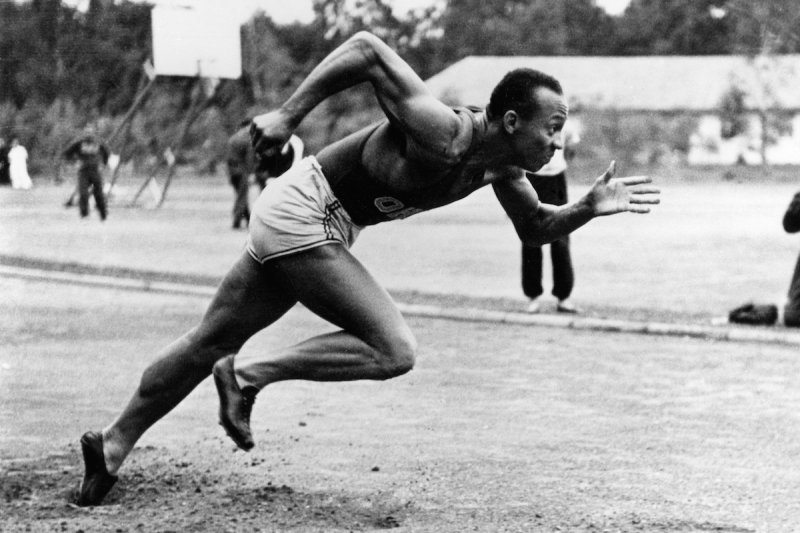
![“[MacArthur] was a great and thundering paradox of a man, noble and ignoble”. I believe that the exact same can be said of Eisenhower. The “thundering” contradictions at hand are mainly his attempts to pass Civil Rights legislation, “[MacArthur] was a great and thundering paradox of a man, noble and ignoble”. I believe that the exact same can be said of Eisenhower. The “thundering” contradictions at hand are mainly his attempts to pass Civil Rights legislation,](https://pbs.twimg.com/media/ENUgHPNUcAALOAM.png)
